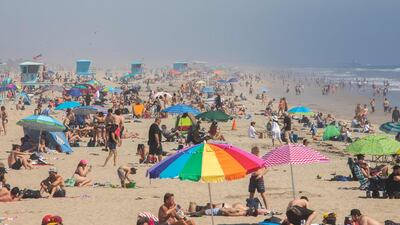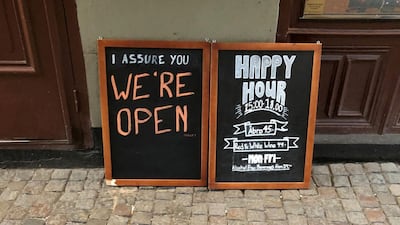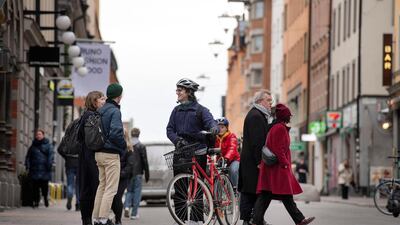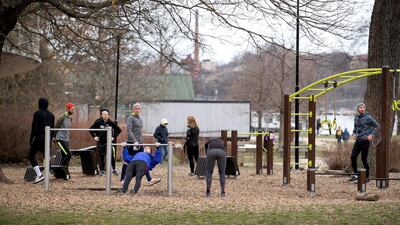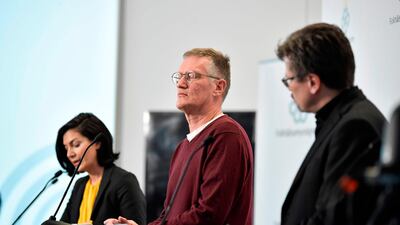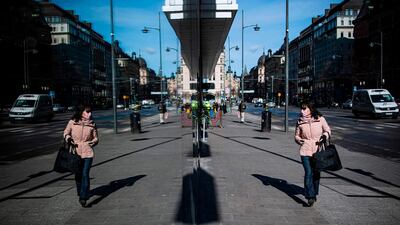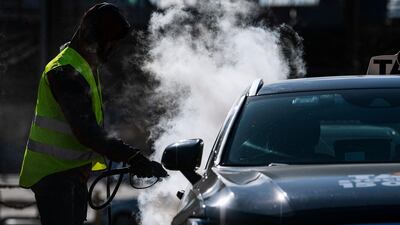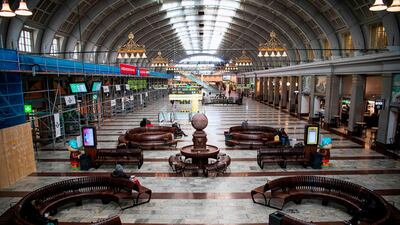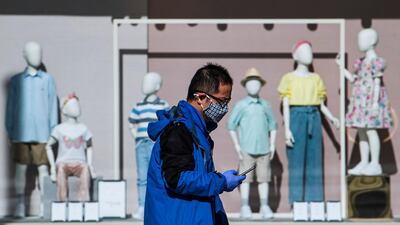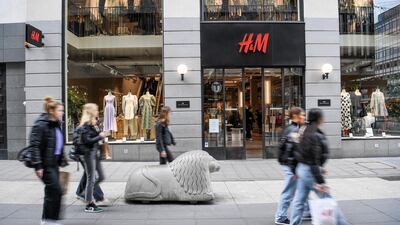As parts of Europe and North America come out of lockdown, there has been plenty of debate about which countries have been tackling the pandemic in the best manner – with a particular focus on Sweden, which stands out for its more relaxed approach. But a far better comparison is with states in the Asia-Pacific, many of which had to deal with the virus earlier and have, by and large, managed to contain it far more successfully than most.
The death toll in Sweden, after all, has now passed 2,000 in a country of 10 million. In the UK, over 20,000 have died out of a population of 67 million, while the figures for the US are 55,000 out of 328 million.
Look east and the contrast is stark. There have been only 243 deaths in South Korea (population 52 million), 99 in Malaysia (population 33 million), and a mere 19 in New Zealand (population five million).
We cannot be certain how accurate any of these numbers are; the demographics, and hence the risk of fatalities, vary from country to country; and I have not mentioned infection rates. But as China announces that it has no remaining coronavirus hospital patients in Wuhan, the centre of the virus, and the city comes back to life; and as investors are reported to be "flocking" to South Korea, it is obvious that those two countries – and many of their neighbours – have been doing something right.
Taking the cases of China and South Korea is instructive, because they did not adopt the same approach: China locked down Wuhan and other cities in Hubei province in January with a brutal totality that seemed unconscionable to the outside world – until many countries followed suit. South Korea, on the other hand, may have closed schools and recommended gyms, clubs and churches do the same, but it flattened the curve, as a government publication puts it, “without enforcing draconian measures that restrict freedom and movement of people”.
Both countries, however, acted swiftly and determinedly. Wuhan was physically cut off from the outside world for 76 days. South Korea tested tens of thousands of people a day, made temperature-taking and hand-sanitising part of daily life, and used mobile technology to keep its highly connected population fully informed, right down to which shops had been visited and when by infected persons. Its citizens followed government advice on social distancing and working from home.
It is countries that have been more easy-going that are in trouble. Japan's Prime Minister Shinzo Abe did not declare a state of emergency until early-April, by which time hospitals were already overwhelmed. Myanmar and Indonesia both denied they had any cases for weeks; the worry now is that the virus may be spreading far and wide in two countries with very limited healthcare facilities.
What explains the success – so far – of the Asia-Pacific countries I mentioned earlier? In south-east and east Asia there is the memory of Sars, which broke out in China in 2002 and later spread to a total of 29 territories. In this part of the world, we are very aware of our proximity to China, so when the coronavirus emerged we knew we would be on the frontline. It is also quite normal to see people wearing masks, whether out of a heightened sense of personal hygiene or to protect against air pollution. Some have argued that east and south-east Asian populations are more likely to comply with government advice, and that may well be true in countries that tend to place the rights of the community over those of the individual.
What unites these countries with faraway New Zealand – to which the above factors do not apply – is, just as with China and South Korea, the measures taken were serious and as complete as they could be. In Malaysia, for instance, we have been under an almost total lockdown for six weeks. It is due to continue for another two, but nobody really expects the Movement Control Order to be lifted until after Eid Al Fitr. That will be nearly 10 weeks during which we cannot leave home at all, except to shop for essentials. Only one person per household is allowed to do so – police have put up roadblocks all over the capital, Kuala Lumpur, and stop any car with more than one person inside.
The order is vigorously enforced – around 20,000 people have been arrested for violations so far, and a deputy minister has been fined 1,000 Ringgit (nearly Dh850) for breaking the MCO – even private gyms and swimming pools are closed, Malaysians are not allowed to leave the country, and any returning must be quarantined in a hotel for two weeks. Life as we know it has changed utterly.
We view with bemusement, then, the half-in, half-out stance that has been taken by the authorities in the US and UK, in particular. Those two countries have taken sufficient measures to cause economic devastation and throw millions out of work, but their actions on social distancing have been so inconsistent that it makes a nonsense of the claim that it was necessary to shut down businesses.
Earlier this month, hundreds of people crammed onto a bridge in London to applaud health workers. They included the UK's police chief, Cressida Dick, whose job was to order them to disperse. She joined in instead. Around 10,000 people are still arriving in the country every day, and then wandering off, unscreened and untraced. Some underground trains were for a time packed, while joggers and cyclists continue to roam apparently unhindered.
In the US, the Governor of Georgia has allowed gyms, hair salons and even tattoo parlours to open for business. But why not, when nearly 40,000 people were reported to have gone to enjoy the sea air at Newport Beach in southern California last Friday?
Look again at the numbers of deaths I quoted above, and the lesson appears to be simple. It is summed up in a phrase most of us were taught as young children: if something is worth doing, it is worth doing properly. Yes, I would love to go for a swim, and I long to be able to join friends for satay from a roadside stall again. But I cannot, or not for a while anyway. And maybe that is why only 99 people have died from the coronavirus in Malaysia so far, as opposed to 20,000 in freedom-loving Britain.
Sholto Byrnes is a commentator and consultant in Kuala Lumpur and a corresponding fellow of the Erasmus Forum
